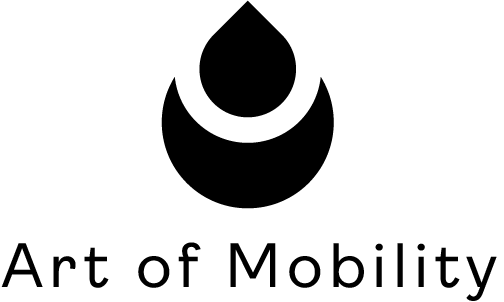You’re exhausted but you find yourself tossing and turning in bed, struggling to turn your mind off and drift off to sleep. But when you’re finally asleep you find yourself waking up several times a night glancing over at the clock praying it’s not time to wake up yet. Or how about the times you do sleep through the night but wake up feeling groggy and unrefreshed. Did you say “yup that’s me” to any of these? Well you’re not alone.
According to findings from a 2020 survey, about 30% of adults aged 18-64 report not meeting the recommended daily sleep of 7-9 hours. That number increases up to 45% for those over the age of 65 years.
Why is Sleep so Important?
We’ve been told time and time again that sleep is important for our health. Our bodies rely on a good night’s sleep for optimal rest and recovery. It is when we are asleep that our bodies work on building our immune system, generating important molecules to fight off infection and illness. We need sleep to solidify memory and information that we learn during the day. Good sleeping habits have both short and long term benefits and getting enough sleep increases cognition, and memory, contributes to maintaining healthy weight, and lowers your risk for serious health issues like diabetes and heart disease. Which is why getting to the root cause of our sleep issues is important!
Factors That Contribute to Poor Sleep
- Shift work
- Traveling
- Alcohol
- Poor Diet
- Lack of proper exercises
- Caffeine and use of other stimulants
- Anxiety, worry, and stress
- Depression, and distress
- Poor sleep hygiene
- Lack of sunlight exposure
Sleep Architecture: The 4 Stages of Sleep
Sleep is commonly divided into 4 categories: awake, light sleep, deep sleep, and REM sleep and each stage provides an essential role in maintaining your physical, mental, and emotional wellbeing.
Stage 0: This stage is considered the transitional stage of sleep when you are neither awake nor in deep sleep. It’s the time you spend in bed before and after falling asleep. You can be woken up easily.
Stage 1-2: This is the light stage of sleep where your brain waves are starting to slow down, breathing slows down, heart rate decreases and temperature starts to drop. It is easy to wake up during this period. Think of it as that period of time when you hit that snooze button and give yourself “10 more minutes”. This is also the stage where your body is twitching when asleep!
Stage 3-4: This stage of sleep allows your brain activity to slow down as you gradually disconnect from the external world. Blood pressure, muscle activity, breathing, and body temperature drop. Waking up in this stage is harder and if you are, you’re most likely to feel disoriented and groggy. This is one of the more important stages of sleep because it allows your body to promote muscle growth and repair.
REM sleep (rapid eye movement): The REM phase of sleep occurs about 90 minutes after falling asleep. And as the name suggests, this is the cycle of sleep where your eyes are rapidly moving from side to side. Your brain is also more active, your heart rate, blood pressure, and breathing increases as well. REM sleep is also an important stage of sleep as it helps with memory consolidation, learning, and problem solving.
How Much Sleep Do I Need?
Adults aged 18-64: most adults require 7 or more hours of good quality sleep. The sweet spot is between 7-9 hours
Adults over the age of 65: 7-8 hours
Teens: 8-10 hours
School aged kids: 9-12 hours
Preschoolers: 10-13 hours (naps included)
Toddlers: 11-14 hours (naps included)
Babies: 12-16 hours (naps included)
Newborns: 14-17 hours
How can a Holistic Nutritionist help with your Sleep?
- A holistic nutritionist can provide you support with your sleep through many different ways! Here are a few to name:
- Addressing underlying causes for sleep disturbances
- Providing nutrition support to help prevent night time waking
- Supplement recommendations to help you fall asleep, stay asleep, and improve your sleep architecture
- Managing stress through various techniques tailored to your body and its needs
- Working on ways to improve your sleep hygiene and bedtime routine
- Taking a deep dive approach at analyzing your sleep imbalances from a traditional chinese medicine perspective!
Ready to sleep better, feel refreshed in the morning and have more energy? If you are curious how Art of Mobility’s holistic nutritionist can help you with your sleep send us an email or give us a call!

